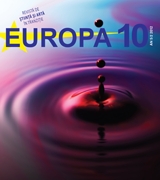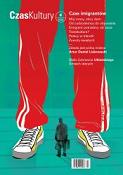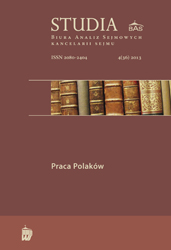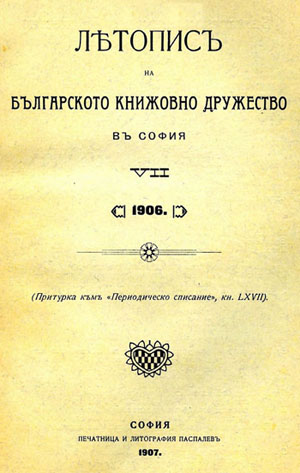
Condiţia umană postmodernă şi Filosofia ca „subcultură”
Postmodernism seems to be a paradigm that we are tempted to assume as something inevitable. One could satisfactorily define Postmodernism as a sum of characteristics of contemporary globalizing societies, but negative effects resulting from noncritical assumptions of everything introduced to us as postmodernism have been less reflected upon. For instance, the rejection of all ideologies, typical for postmodernism, may open the way of the collective mind to a new ideology that we are unaware of and that we cannot assess according to universal ethical norms. Also, the need for individual freedom and the libertine doctrine stimulate under postmodernism a way of life featuring hedonism, anomy and libertine behavior associated with the decomposition of the traditional family, which exposes the individual to the possibility of superior political manipulation, specific to the totalitarian regimes. Or, denouncing the fundamental concepts, the hypostasis ideas as illicit meta-narrations may lead to the fundamental knowledge study, to the acquisition in the further education, of wrongly labeled „skills”, of exclusively instrumental knowledge, which may have negative repercussions on the knowledge and the individual thinking skills on the long term. It is in the analysis of such circumstances that resides the originality of our approach.
More...


